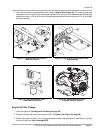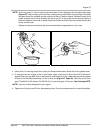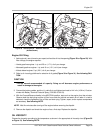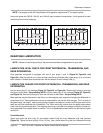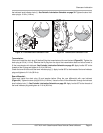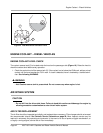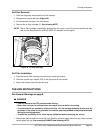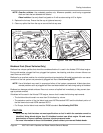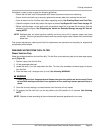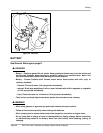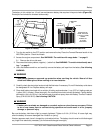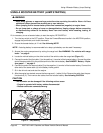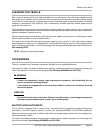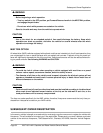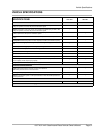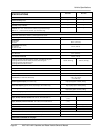
Fueling Instructions
2007 HUV 4421 Gasoline and Diesel Vehicle Owner’s Manual Page 45
If biodiesel is used, be sure to apply the following guidelines:
• Ensure the fuel tank is as full as possible at all times to prevent moisture from collecting.
• Ensure that the fuel tank cap is securely tightened to prevent water from entering the fuel tank.
• Drain all water from the fuel filter daily before operating vehicle. See Draining Water from Fuel Filter.
• Check the engine oil level daily before the engine is started. See Engine Oil Level Check on page 35.
• Before vehicle storage, run the engine with conventional diesel fuel for at least 30 minutes to flush the
biodiesel from the engine. See Preparing the Vehicle for Extended Storage on page 26. See fol-
lowing NOTE.
NOTE: Biodiesel does not have long-term stability and must not be left in engines longer than three
months. This fuel type attracts moisture and may contain higher water content than conventional
diesel fuel.
Fuel system maintenance, cleaning, and fuel line replacement are required more frequently for engines that
are operated with biodiesel.
DRAINING WATER FROM FUEL FILTER
Diesel Vehicles Only
Water should be drained from the fuel filter daily. The fuel filter is mounted on a plate by the lower seat support
panel (Figure 38).
1. Position a pan under the fuel filter.
2. Lift the passenger-side seat.
3. Locate the valve (1) on the underside of the filter. Turn the valve clockwise until water begins to stream
from the filter.
4. Drain the water until it changes color (to fuel). See following WARNING.
ý WARNING
• Clean up spilled fuel. Keep sparks and flames away from the vehicle and service area. Failure
to heed this warning could result in an explosion or fire, resulting in severe personal injury or
death.
5. Close the valve by rotating it counterclockwise until the valve is firmly sealed.
6. To resupply the filter with fuel, turn the key switch to the ON position for 10 seconds. See following
NOTE.
NOTE: Dispose of water according to the environmental laws and regulations for your area.



